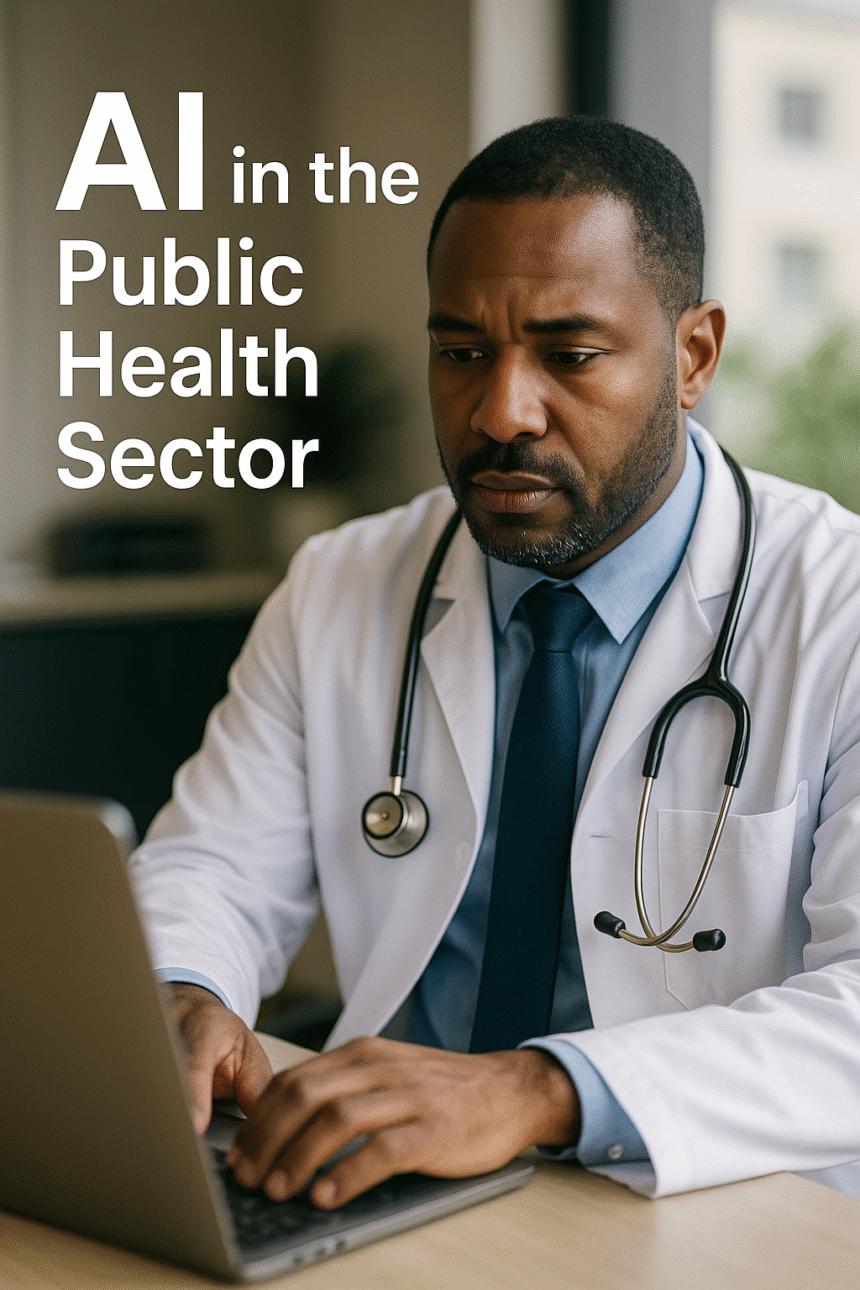Elevating Healthcare Delivery through Artificial Intelligence
Introduction: In the rapidly evolving domain of healthcare, Artificial Intelligence (AI) has emerged as a pivotal catalyst for transformation. Recognizing its profound potential, the Indian government is strategically deploying AI to revolutionize the public health sector. These ambitious initiatives are aimed at augmenting health service efficiency, enhancing patient care outcomes, and managing public health exigencies with unprecedented effectiveness.
Strategic Government Initiatives in AI-Enhanced Healthcare:
Advanced AI-Integrated Disease Surveillance Systems: To preemptively tackle the spread of infectious diseases, the government has rolled out sophisticated AI-driven surveillance systems. These advanced platforms harness data from a multitude of sources including healthcare institutions, diagnostic labs, and digital media to dynamically monitor and analyze disease patterns. During the COVID-19 pandemic, these intelligent algorithms were instrumental in tracking viral transmission and identifying potential hotspots, thereby facilitating prompt and targeted public health responses.
Innovative Telemedicine and Remote Diagnostics: Aiming to democratize access to healthcare, especially in geographically isolated and medically underserved communities, the government has championed the integration of AI in telemedicine initiatives. These cutting-edge services employ AI to assist in remote diagnostics, allowing patients in remote areas to receive expert medical consultations without the need for physical travel. AI-powered diagnostic tools, such as automated imaging and analysis algorithms, provide crucial support to medical practitioners, bridging critical gaps in specialist care provision.
Tailored Approaches in Personalized Medicine: The government is also propelling forward the frontiers of personalized medicine through AI. By funding research initiatives that analyze complex interactions among genetic markers, environmental influences, and individual lifestyle choices, AI is being utilized to customize treatment modalities to individual patient profiles. This targeted approach significantly enhances therapeutic efficacy and minimizes adverse effects, heralding a new era in bespoke healthcare solutions.
Capacity Enhancement and AI Skill Development: Recognizing the necessity for a robust workforce capable of navigating AI tools, the government has instituted comprehensive educational programs and skill development workshops. These initiatives are conducted in collaboration with leading academic entities and healthcare experts, aimed at cultivating a technologically proficient healthcare workforce adept at integrating AI into clinical and operational processes.
Challenges and Ethical Considerations:
Ensuring Data Privacy and Security: The deployment of AI in healthcare necessitates stringent data privacy and security measures. In response, governmental bodies are fortifying legal frameworks to protect sensitive health data against potential cyber threats and breaches. These reinforced regulations are designed to ensure that AI implementations adhere to the highest standards of data integrity and confidentiality.
Promoting Equity in AI Accessibility: A paramount challenge lies in ensuring equitable access to AI-enhanced healthcare services across diverse population strata. The government is actively formulating and executing policies that facilitate uniform access to these revolutionary technologies, aiming to eliminate disparities in healthcare quality and accessibility across various socio-economic groups.
Conclusion: The Indian government’s strategic integration of AI into the public health infrastructure marks a significant leap towards modernizing medical services and enhancing their efficacy. As AI continues to advance, its broader application across healthcare promises to significantly uplift public health standards and streamline healthcare delivery systems, ensuring comprehensive and equitable health services for all citizens.


Leave a Reply